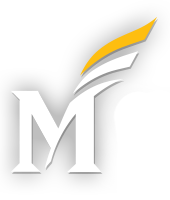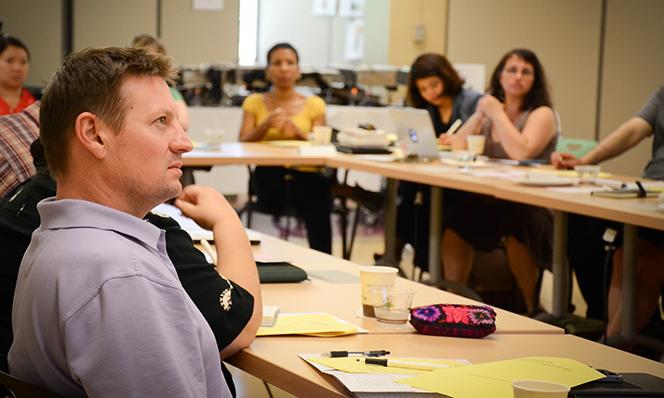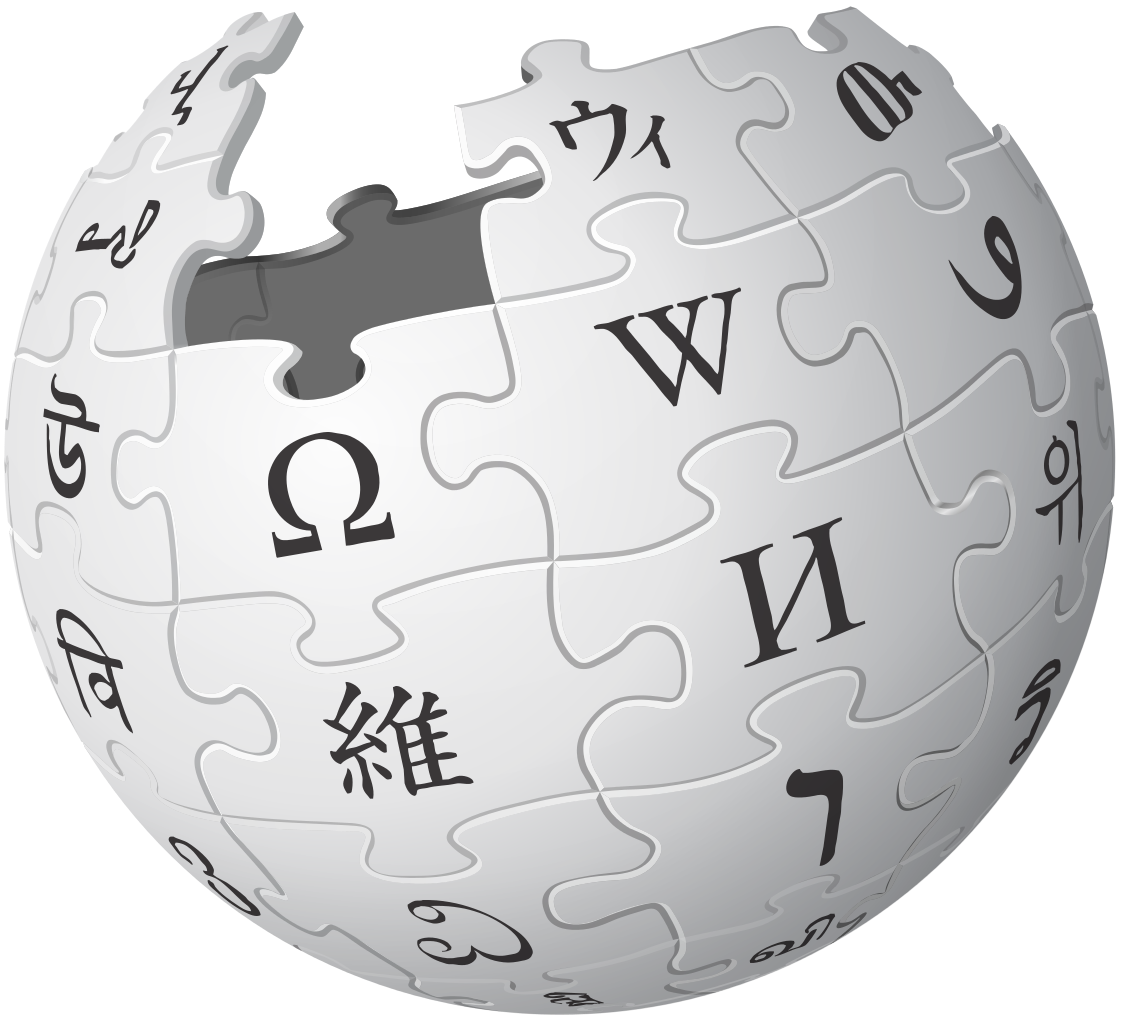by: Caitlin Holmes
Caitlin Holmes is the Assistant Director of Writing Across the Curriculum at George Mason University. She blogs regularly about teaching here at thewritingcampus.com. You can reach her via email at wac@gmu.edu.
With the support of Mason’s Provost Office and Center for Teaching and Faculty Excellence, the Writing Across the Curriculum Program hosted two Faculty Writing Retreats in the past 12 months: one in May 2014 and the other in January 2015. Such retreats had occurred in the past under the supervision of the Northern Virginia Writing Project, but not for quite some time. This blog post will review the different structures of the May 2014 and January 2015 retreats, give summaries of evaluation results for both retreats, and provide a few concluding thoughts about what we may try in the future at Mason.




